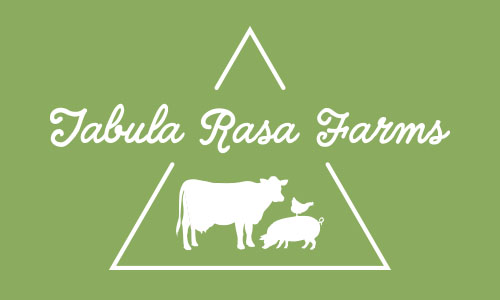
Finding our culinary voice
Over the past twelve months, we’ve been busy. We’ve scaled our business with more land for our animals and begun planning new spaces where our community can gather for learning, celebration, relaxation and growth.
Our farm stand is now open every Friday through Sunday and beginning in May my original artist studio turned farmhouse will be ready to welcome guests as a Bed & Breakfast.
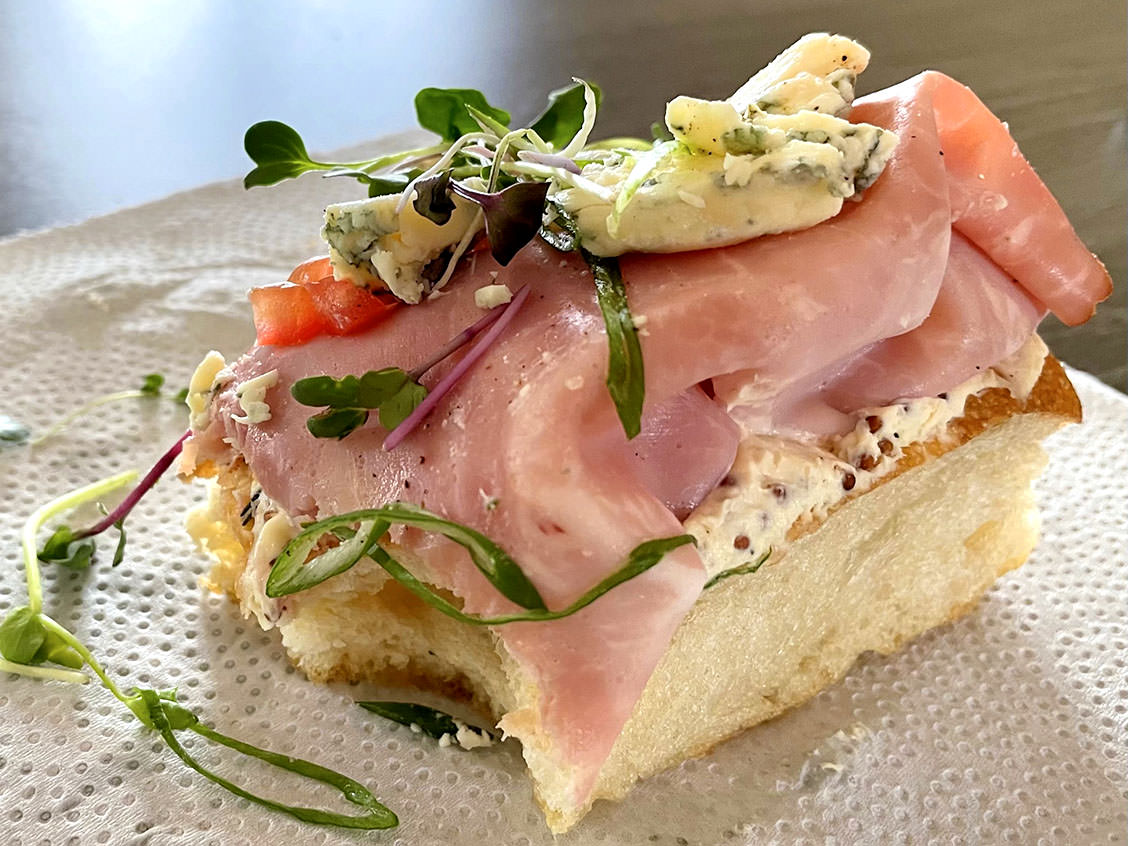
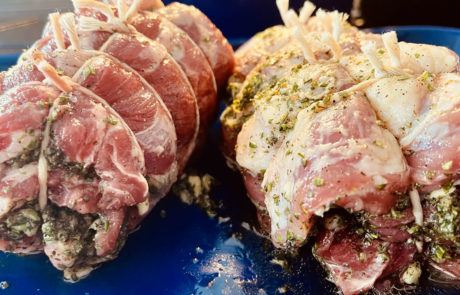
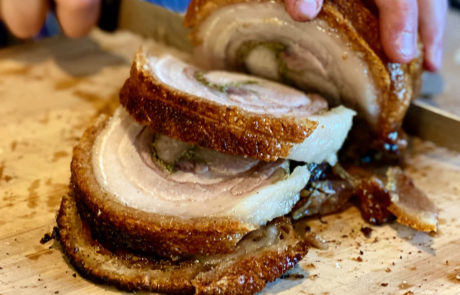
While our broader vision of the community we hope to build is a work in progress, one thing is certain, delicious food emblematic of this beautiful place will be at the heart of the Tabula Rasa Farms experience.

To help us realize this vision, I’m so excited to share that Chef Brett Uniss has joined our team. Most recently he was the Executive Chef of Jackrabbit at the Duniway Hotel and we are so thankful to have him. Brett’s evolution as a chef working at some of America’s finest restaurants led to a passion for regenerative agriculture and sustainable practices as strong as my own. My hope is having a chef’s perspective will enhance our selected cuts and broader offerings. Brett will be developing recipes for dry-cured meats like salami, making delicious customer friendly treats like pork rillettes for our farm stand customers and sharing mouthwatering recipes with our newsletter subscribers.
I asked Brett to write a few words to introduce himself to all of you and share why he chose to join us.
I grew up in a family with a love for food and cooking. Some of my fondest memories are the times spent with my mother in her vegetable garden getting my hands dirty and cultivating the goodness that comes from things grown with love. Cooking became a passion early on.
When I became a chef, I was lucky enough to work for restaurants that valued local sourcing, especially from small farms. I began studying why certain produce and meats from some places tasted so much better than others.
The recent phenomenon of celebrity chefs has created the impression that it’s the chef who makes food delicious and generates the flavor he or she is presenting to their guests. But as I dug deeper into sourcing from particular types of farms, I came to understand that flavor only partially comes from the chef. Flavor really starts at the farm at the soil level and that has a lot to with farming practices.
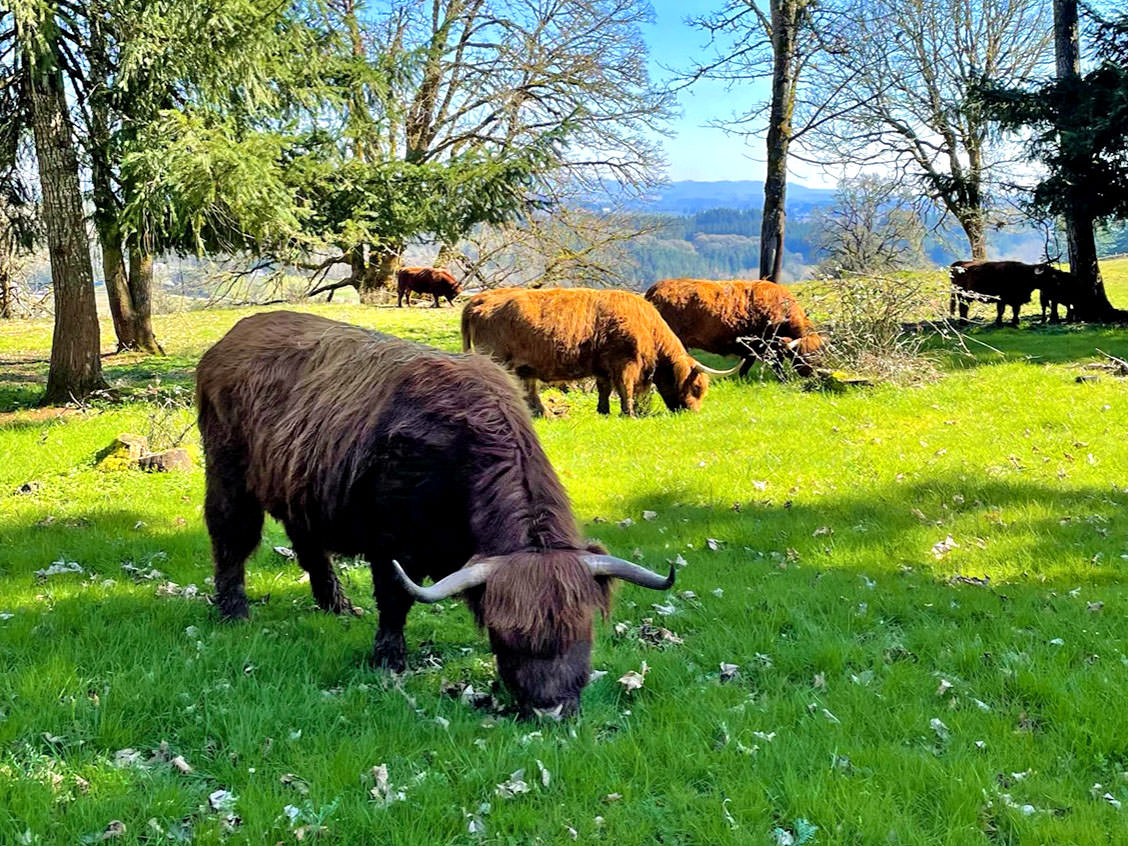
So the more I explored the question of why things from certain farms tasted better, the more I saw biodiversity mattered and soil biology mattered, the humane treatment of animals mattered and then of course ethics mattered. The farms that were committed to sustain and regenerate the planet as opposed to degrade and just extract, those farms ended up being the ones that produced the most delicious products.
So it clicked for me that regenerative agriculture aside from benefitting the earth and our species in general is what actually makes the most delicious food because of the environment those practices create.
When the pandemic hit and restaurants were shuttered, I saw an opportunity to re-envision a more thoughtful approach to what hospitality could look like in the future. What true sustainability would mean. Tabula Rasa Farms offered me the opportunity to live it and help the farm from a chef’s perspective.
Throughout Europe there are these little agricultural areas known for certain cuisines and food production that is really specialized. To me the overarching goal is to help develop the cuisine that is emblematic of the Willamette Valley, of the Northwest. To really add a sense of place and help Tabula Rasa Farms express that terroir that exists in this area to its customers.
I want everyone to know how special this area is. I had the honor of working in Napa Valley at both The French Laundry and Domaine Chandon just after the region had developed its style and identity. Napa found its own unique culinary voice and I believe this region has a voice that should be heard.
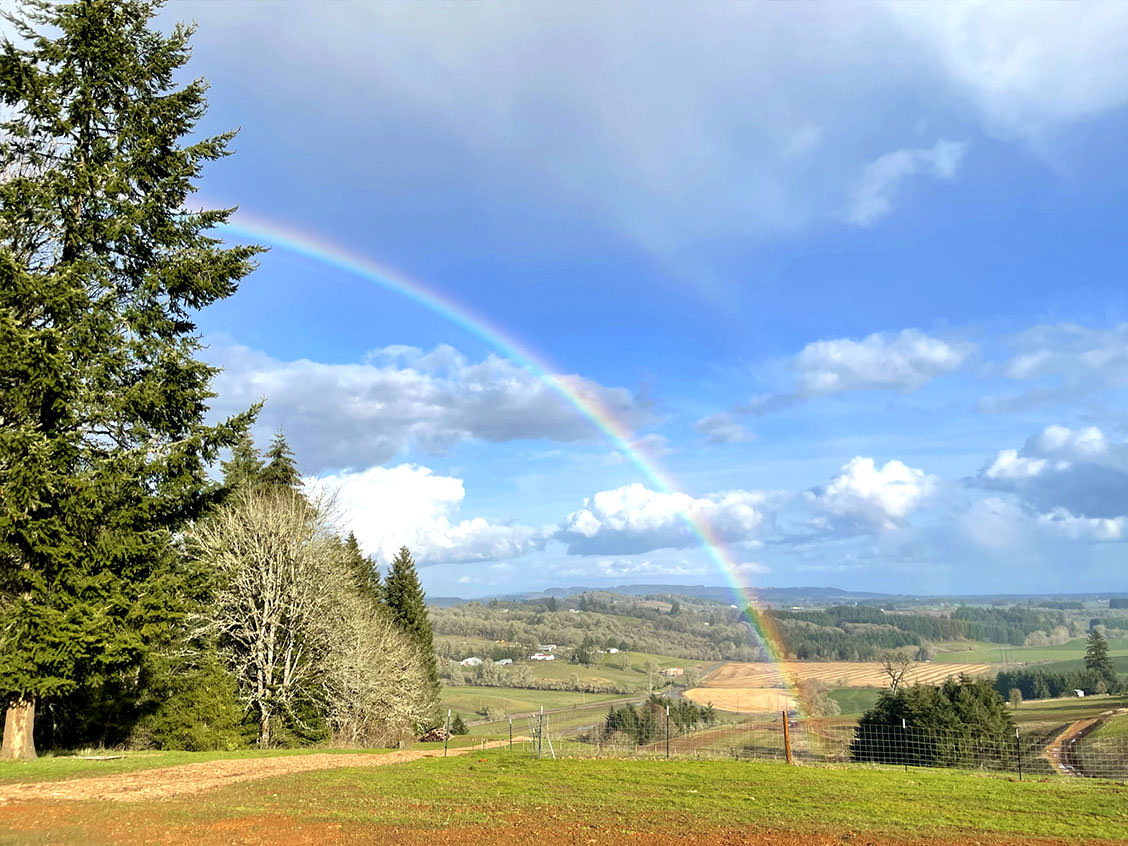
The Willamette Valley, Yamhill County and particularly Carlton comprise a special agricultural place, every bit as unique as Napa Valley and it should be thought of as such. Small farms are doing special things here. The wine in the area is stepping into its own light and I think all the pieces are out there right now. It just needs someone like Brenda to give it that push.
My goal is to bring a chef’s perspective to help Tabula Rasa Farms find its voice, to help define the best offerings. I’m excited to take it all in and let the agriculture of the region speak and then hone those flavors into a culinary voice to present to guests.
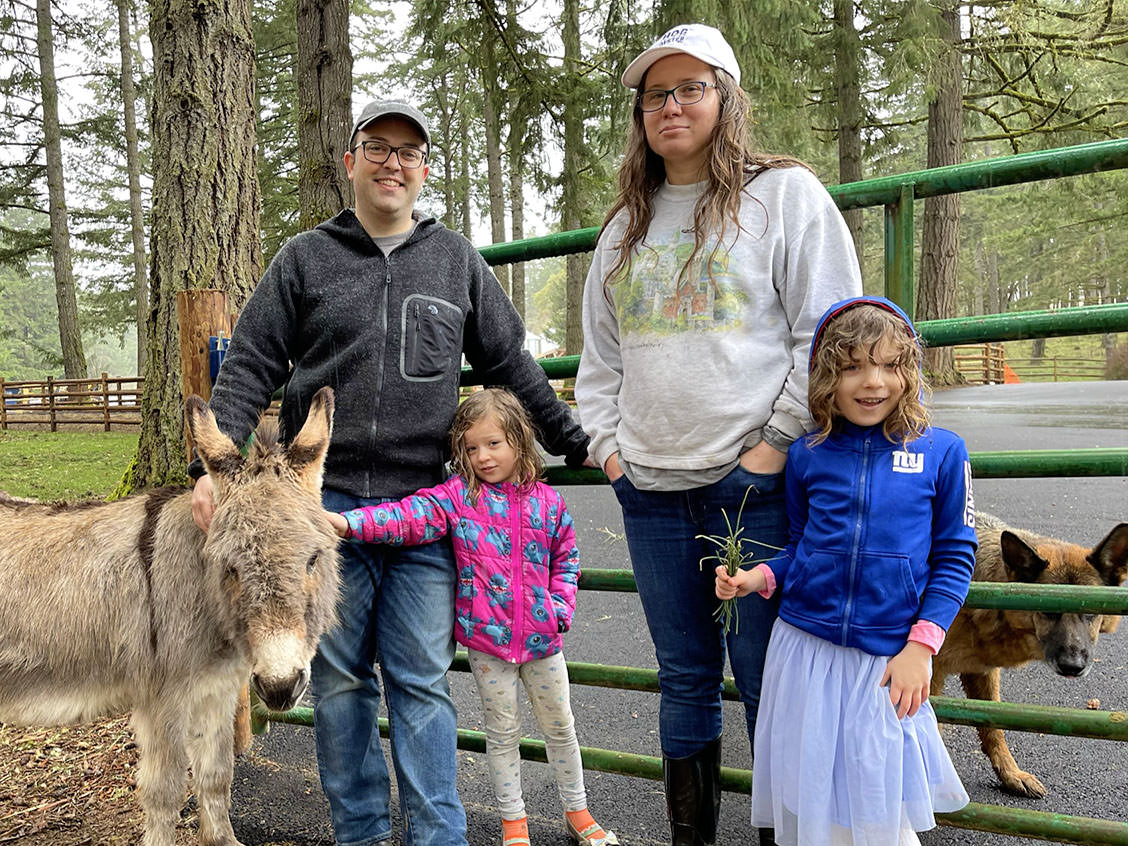
I’m also grateful that life at Tabula Rasa Farms will offer my two daughters the same experience I had growing up. A place where they can be more grounded and have that connection to where their food comes from and live in harmony with nature.
Join our waitlists

Finding our culinary voice
Over the past twelve months, we’ve been busy. We’ve scaled our business with more land for our animals and begun planning new spaces where our community can gather for learning, celebration, relaxation and growth.
Our farm stand is now open every Friday through Sunday and beginning in May my original artist studio turned farmhouse will be ready to welcome guests as a Bed & Breakfast.



While our broader vision of the community we hope to build is a work in progress, one thing is certain, delicious food emblematic of this beautiful place will be at the heart of the Tabula Rasa Farms experience.

To help us realize this vision, I’m so excited to share that Chef Brett Uniss has joined our team. Most recently he was the Executive Chef of Jackrabbit at the Duniway Hotel and we are so thankful to have him. Brett’s evolution as a chef working at some of America’s finest restaurants led to a passion for regenerative agriculture and sustainable practices as strong as my own. My hope is having a chef’s perspective will enhance our selected cuts and broader offerings. Brett will be developing recipes for dry-cured meats like salami, making delicious customer friendly treats like pork rillettes for our farm stand customers and sharing mouthwatering recipes with our newsletter subscribers.
I asked Brett to write a few words to introduce himself to all of you and share why he chose to join us.
I grew up in a family with a love for food and cooking. Some of my fondest memories are the times spent with my mother in her vegetable garden getting my hands dirty and cultivating the goodness that comes from things grown with love. Cooking became a passion early on.
When I became a chef, I was lucky enough to work for restaurants that valued local sourcing, especially from small farms. I began studying why certain produce and meats from some places tasted so much better than others.
The recent phenomenon of celebrity chefs has created the impression that it’s the chef who makes food delicious and generates the flavor he or she is presenting to their guests. But as I dug deeper into sourcing from particular types of farms, I came to understand that flavor only partially comes from the chef. Flavor really starts at the farm at the soil level and that has a lot to with farming practices.

So the more I explored the question of why things from certain farms tasted better, the more I saw biodiversity mattered and soil biology mattered, the humane treatment of animals mattered and then of course ethics mattered. The farms that were committed to sustain and regenerate the planet as opposed to degrade and just extract, those farms ended up being the ones that produced the most delicious products.
So it clicked for me that regenerative agriculture aside from benefitting the earth and our species in general is what actually makes the most delicious food because of the environment those practices create.
When the pandemic hit and restaurants were shuttered, I saw an opportunity to re-envision a more thoughtful approach to what hospitality could look like in the future. What true sustainability would mean. Tabula Rasa Farms offered me the opportunity to live it and help the farm from a chef’s perspective.
Throughout Europe there are these little agricultural areas known for certain cuisines and food production that is really specialized. To me the overarching goal is to help develop the cuisine that is emblematic of the Willamette Valley, of the Northwest. To really add a sense of place and help Tabula Rasa Farms express that terroir that exists in this area to its customers.
I want everyone to know how special this area is. I had the honor of working in Napa Valley at both The French Laundry and Domaine Chandon just after the region had developed its style and identity. Napa found its own unique culinary voice and I believe this region has a voice that should be heard.

The Willamette Valley, Yamhill County and particularly Carlton comprise a special agricultural place, every bit as unique as Napa Valley and it should be thought of as such. Small farms are doing special things here. The wine in the area is stepping into its own light and I think all the pieces are out there right now. It just needs someone like Brenda to give it that push.
My goal is to bring a chef’s perspective to help Tabula Rasa Farms find its voice, to help define the best offerings. I’m excited to take it all in and let the agriculture of the region speak and then hone those flavors into a culinary voice to present to guests.

I’m also grateful that life at Tabula Rasa Farms will offer my two daughters the same experience I had growing up. A place where they can be more grounded and have that connection to where their food comes from and live in harmony with nature.
